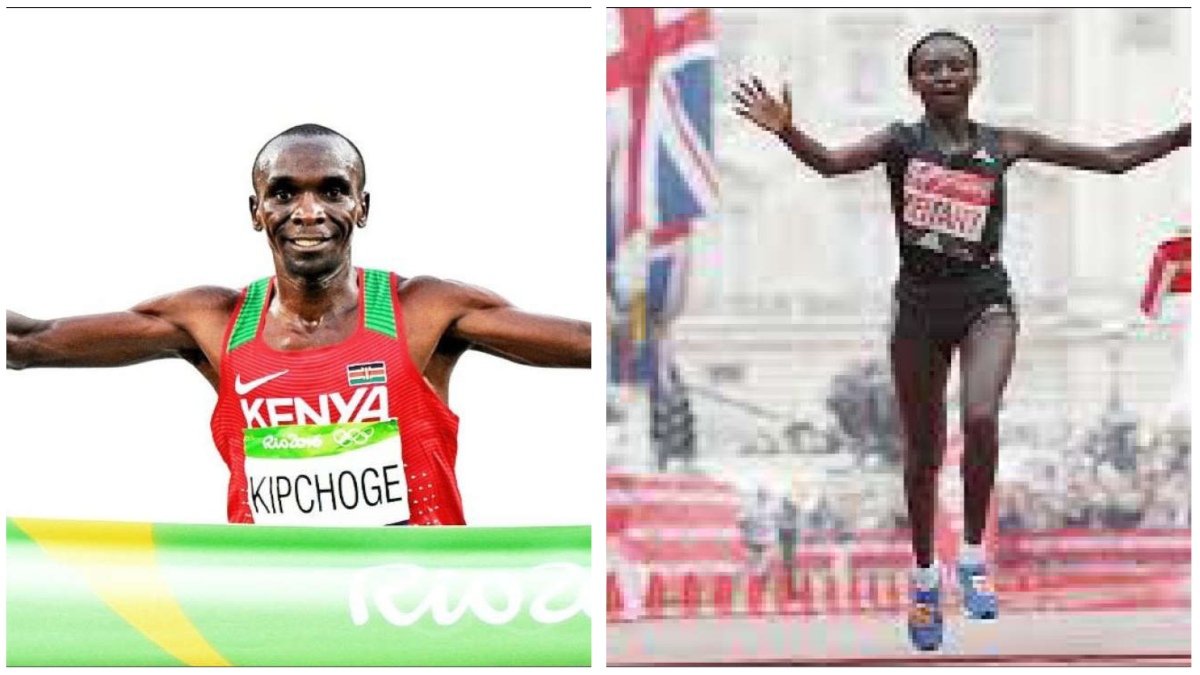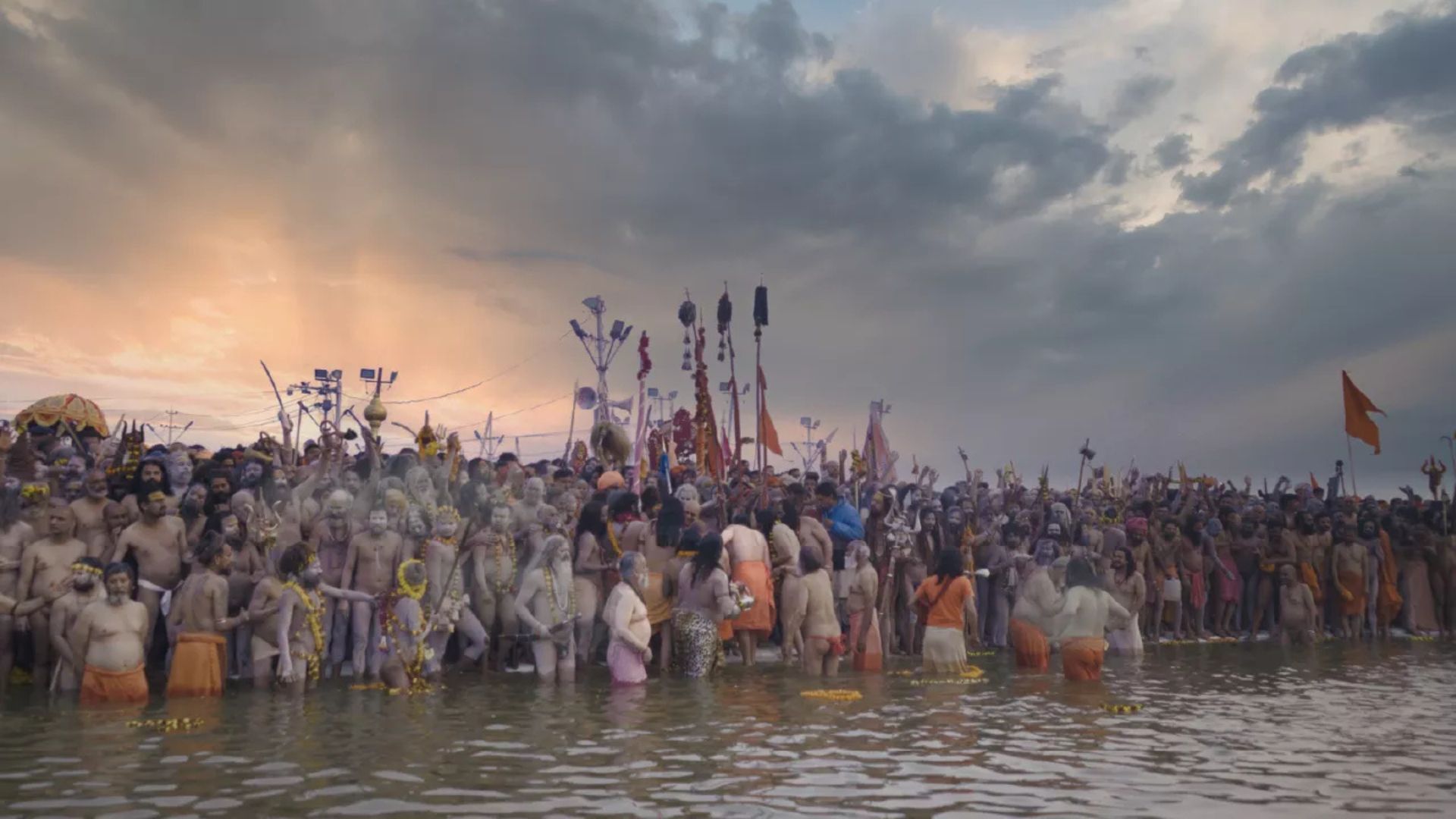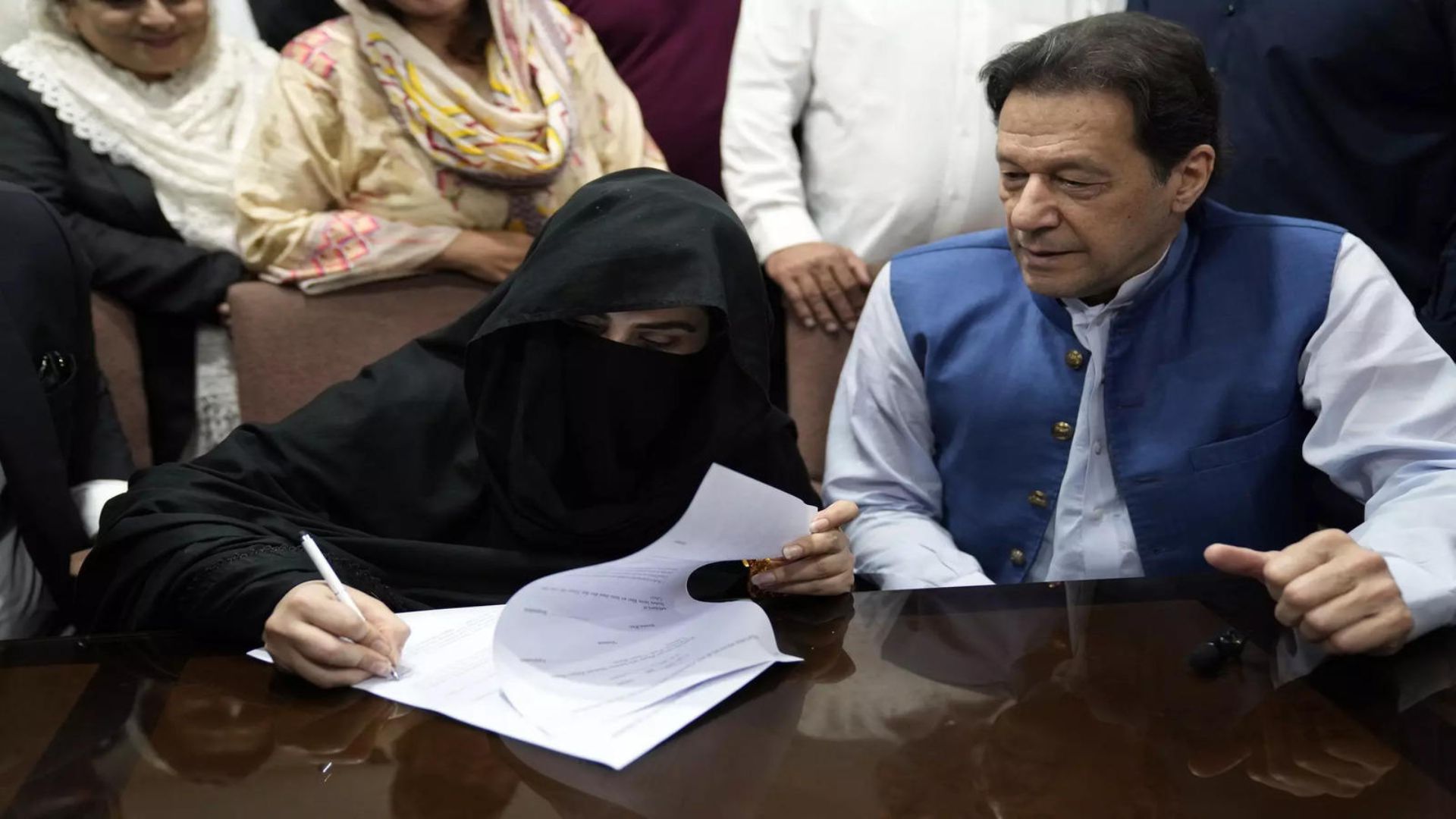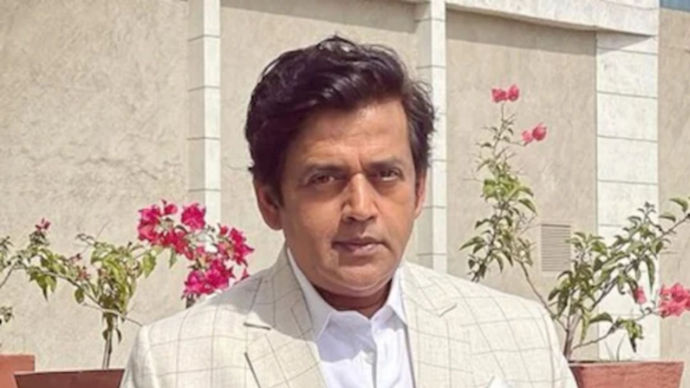
If an American study is to be believed, women are better in the longer race and there is a less difference in the timings. In other words, a gender gap keeps narrowing. Men finish the 5,000m race in 17.9 percent less time than women. But in a marathon, this difference remains only 11 percent. The study claimed that women would perform 0.6 percent better than men if they both run 195 miles. This study was prepared after analysing 15,000 races between 1986 and 2018.
Now if you look at the short distance race, the world record in the men›s 100m race is named after Usain Bolt (9.58 sec). At the same time, this record in women is in the name of Florence Griffith Joyner (10.49 sec) and the record has been maintained for the last 33 years. At the same time, the national record is in the name of Amia Kumar Mallick (10.26 sec), while the women›s national record for the same distance is in the name of Dutee Chand (11.22 sec) which she set in the Rio Olympics. In these two cases, a big difference has been seen, but if you see the difference between the two in a race of 5,000m, then you will see the difference decreasing. Joshua Cheptegei of Uganda (12:35.36 sec) holds the world record in the men›s five thousand meter race, while the women›s record is held by Letesenbet Gidey of Ethiopia (14:06.62 sec). India›s men›s national record is held by Bahadur Prasad (13:29.70 sec) and women›s record is in the name of Preeja Sreedharan (15:15.89 sec) in the same event. It is obvious that here the difference in timing in both has further reduced. The national record of 10,000 meters is held by Surendra Singh (28:02.89 sec) and the women›s record is held by Preeja Sreedharan (31:50.47 sec). At the national level, there is not much difference between five thousand and ten thousand meters in the men and women respectively, but at the world level this difference seems to be decreasing. The men›s world record in the Marathon was held by Eliud Kipchoge of Kenya (2:01.39) and the women›s record was held by Mary Jeskosgei Keitany of Kenya (2:17.01). This difference is far less than the difference of the champions of both the classes of 1925. This means that this difference has narrowed over time. The situation is the same at the national level as well. When Shivnath Singh had set a national record for marathon, he could not have imagined that this record would continue for the next 42 years.
Leave women, no Indian male athlete was even close to this record, but five years ago in the women category, O.P. Jaisha took this record in two hours 34.43 seconds at the World Championship in Beijing and she was quite close to Shivnath Singh’s record. But if you compare them with today›s male Indian athlete, then this gap becomes even less.















